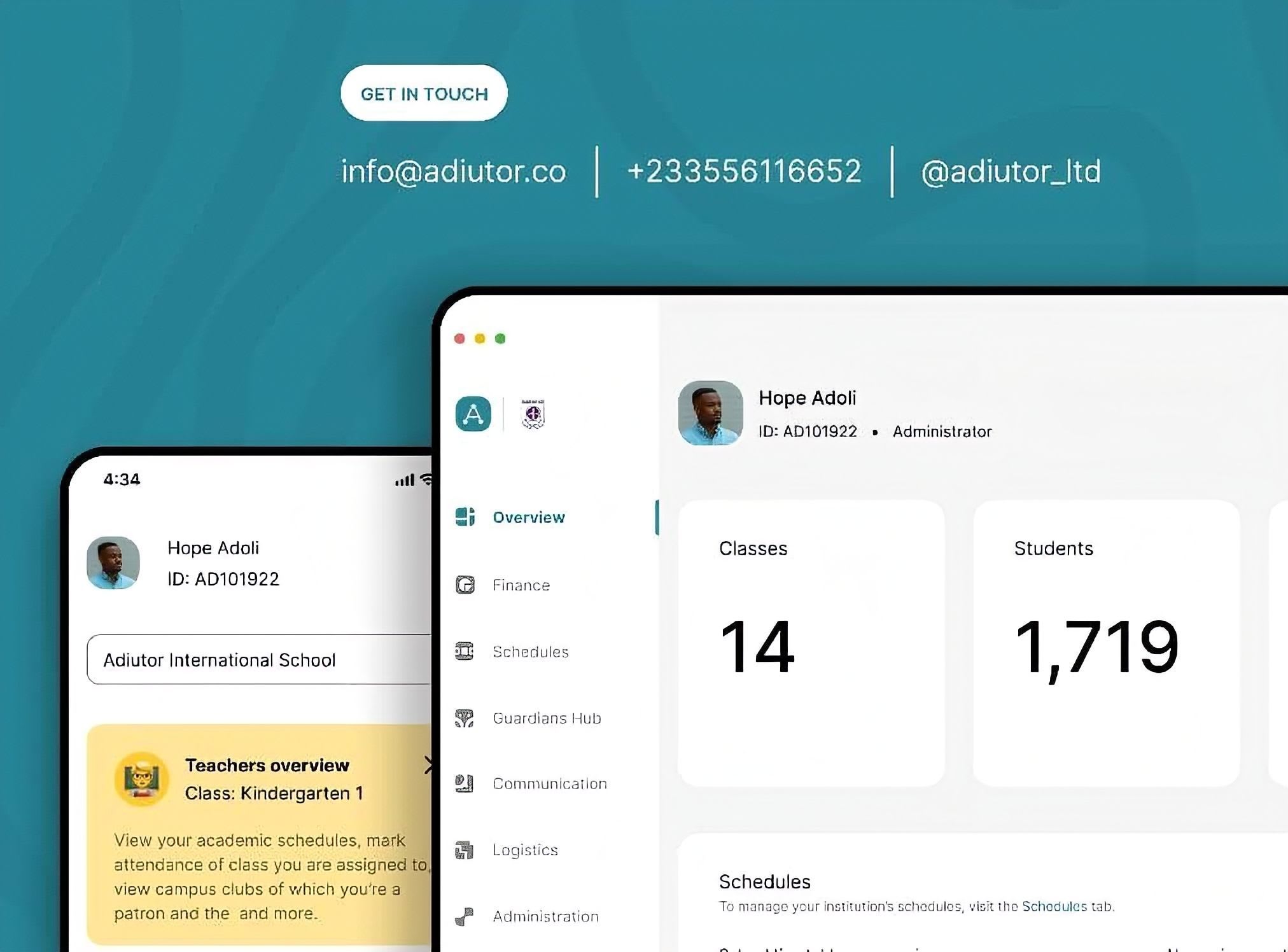Homework and No Homework learning approaches

The debate surrounding the effectiveness of homework has been a major topic of discussion in recent times. While some argue that homework is essential for reinforcing learning and developing discipline, others advocate for a no-homework approach, emphasizing the importance of free time and alternative learning strategies. In this article, we will delve into both sides of the argument, examining the pros and cons of homework and no-homework approaches, and exploring strategies to address challenges presented by AI-generated homework.
💡 Lessons learnt: When patterns are broken, new worlds emerge.
Homework Approaches: Pros and Cons
Proponents of homework argue that it provides students with valuable opportunities for independent practice and review. Homework allows students to consolidate their learning outside the classroom, fostering a sense of responsibility and discipline. Moreover, it can serve as a means for teachers to assess students' understanding and identify areas that require further attention. However, research suggests excessive homework can lead to increased stress levels, reduced engagement, and limited time for other important activities such as family interaction and extracurricular activities (Kralovec & Buell, 2000).
No Homework Approaches: Pros and Cons
Advocates for a no-homework approach emphasize the importance of allowing students to have more free time for rest, play, and pursuing their own interests. They argue that eliminating homework can alleviate stress and promote a healthier school-life balance. This approach encourages teachers to optimize instructional time within the classroom, focusing on engaging and interactive activities that actively involve students in the learning process. However, concerns have been raised regarding potential gaps in knowledge retention and missed opportunities for additional practice and reinforcement (Hattie, 2009).
Artificial Intelligence(AI) Generated Homework
As technology advances, AI-generated homework has become a reality. In recent times a number of educators have seen a rise in cases of AI-generated homework submitted to their desks. While the use of AI can offer benefits such as personalized learning experiences and instant feedback, it also raises concerns about the authenticity and meaningfulness of the assignments. To address this challenge, educators and administrators can structure their course content with different presentation formats while still matching their educational objectives. These formats can include:
- Artistic Projects: Homework that involves visual arts, such as painting, drawing, or sculpture, requires hands-on creativity and aesthetic judgment, which cannot be easily emulated by AI.
- Experimental Science Projects: Assignments that involve conducting experiments, collecting data, and analyzing results often require physical manipulation and critical thinking, making them challenging for AI to replicate accurately.
- Physical Education Assignments: Homework that involves physical activities, such as designing a fitness plan or analyzing sports techniques, requires physical performance and real-time feedback that AI cannot provide.
- Field Research and Data Collection: Homework that involves conducting field research, collecting primary data, or engaging in observational studies often requires the contextual understanding and adaptability that AI currently lacks.
- Ethics and Moral Dilemmas: Assignments that explore ethical issues, moral dilemmas, or philosophical questions often involve subjective judgment, value-based reasoning, and consideration of multiple perspectives, which are challenging for AI to emulate.
Educators can employ a mix of these formats for their homework strategies and some no-homework approaches like the traditional classroom assessments and reviews and flipped classroom approach, where students engage with instructional content at home through pre-recorded videos or online resources. With well-formulated strategies, educators can leverage new technologies including AI to their advantage where students using AI will end up gaining more understanding of complex topics rather than students using these technologies to write their entire homework for them.

Adiutor
Adiutor means "helper" - we do just that, by taking a load of your school administration and helping you focus on what matters most: the kids.
